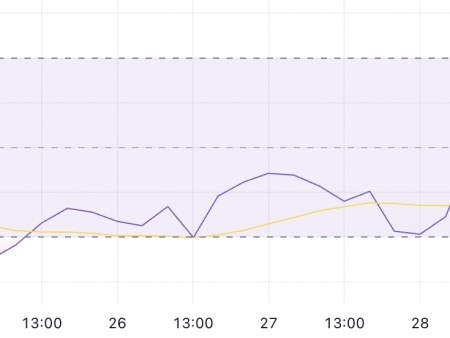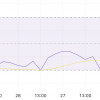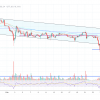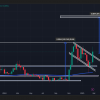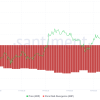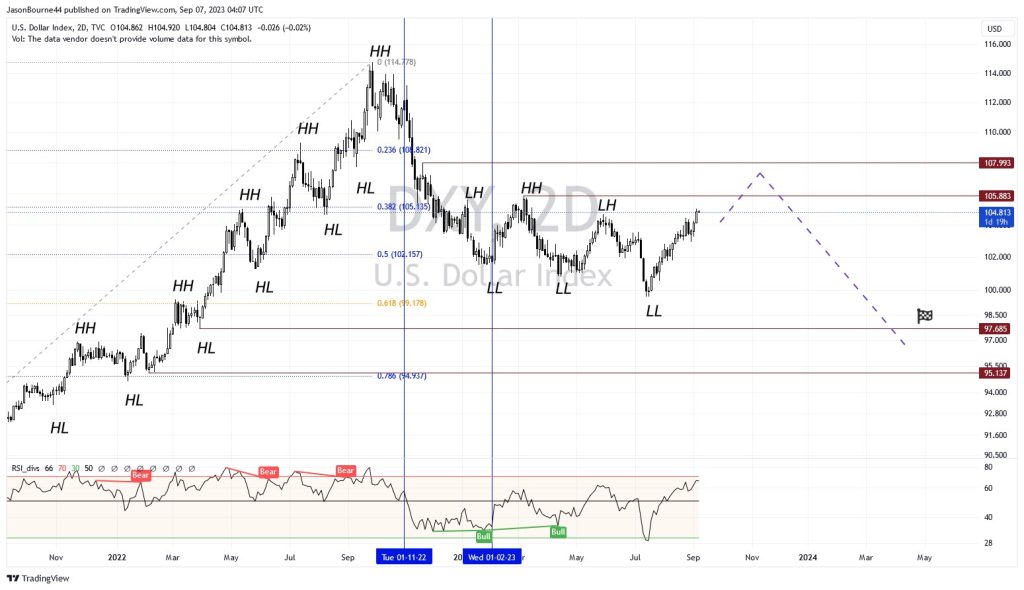
Dollar index 2023
Despite a quick correction on the back of lower inflation risks in the US between November 2022 and January 2023, the dollar remains strong, which in turn affects the risk appetite of large institutional funds.
As a reminder, the DXY dollar index has an inverse correlation to BTC: Bitcoin shows a bullish run against a weaker dollar, and conversely falls when the dollar is strong.
What macro factors are working in favor of a strong dollar right now:
– The pre. recessive state of the EU economy, as well as parts of the rest of the markets;
– no clear indication of the end of the US Fed’s interest rate hike cycle;
– uncertainty about the inflation rate (CPI) remaining at 3%, as well as possible risks of its increase;
– rising oil prices (Brent is trading near $90 after falling to $71).
– record high interest rates for US government bond holders.
Expectations for the index: continuation of upward pricing to the zone of 105.90-108.00 after which the correction of the whole upward movement (from 2021) to the zone of 97.70-95.20.
Against this background, we are gradually moving towards the end of the bearish phase in the cryptocurrency market.
A cryptocurrency exchange is an online platform where you can buy, sell, or trade cryptocurrencies like Bitcoin, Ethereum, and others.
Safety varies by exchange. Look for platforms with strong security measures, like two-factor authentication and cold storage for funds.
Consider factors like security, fees, available coins, user interface, and customer support.
Centralized exchanges are managed by a company, while decentralized exchanges operate without a central authority.
Many exchanges require Know Your Customer (KYC) verification for security and regulatory compliance.
Trading fees vary but typically include maker fees (for adding liquidity) and taker fees (for removing liquidity).
Yes, most exchanges offer cryptocurrency-to-cryptocurrency trading pairs.
Withdrawal times depend on the exchange and the cryptocurrency. Some are instant, while others may take hours or even days.
A wallet address is like a bank account number for cryptocurrencies. It’s required to send your crypto to the right place.
Yes, depending on your country’s tax laws, trading cryptocurrencies may have tax consequences. Consult a tax professional for guidance.
Yes, many cryptocurrency exchanges operate 24/7, allowing you to trade at any time.
A market order buys or sells at the current market price, while a limit order sets a specific price at which you want to buy or sell.
Yes, each exchange sets its own minimum and maximum trading limits, which can vary widely.
It’s not recommended. For security, it’s better to use a cryptocurrency wallet, especially for significant holdings.
Exchanges typically have account recovery processes, including password reset options and support for forgotten usernames.
Some exchanges offer insurance, but coverage can be limited. It’s essential to check an exchange’s insurance policy.
Use strong passwords, enable two-factor authentication, and be cautious of phishing scams and suspicious emails.
Yes, but it’s recommended to learn the basics of trading and understand the risks involved before you start.
Stablecoins are cryptocurrencies pegged to the value of a fiat currency like the US dollar. They provide stability and are commonly used for trading and transferring funds on exchanges.
Yes, regulations vary by country. Many countries have implemented or are considering regulations to govern cryptocurrency exchanges for consumer protection and financial stability.
